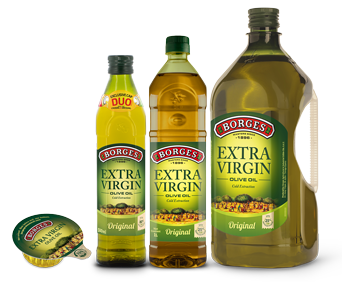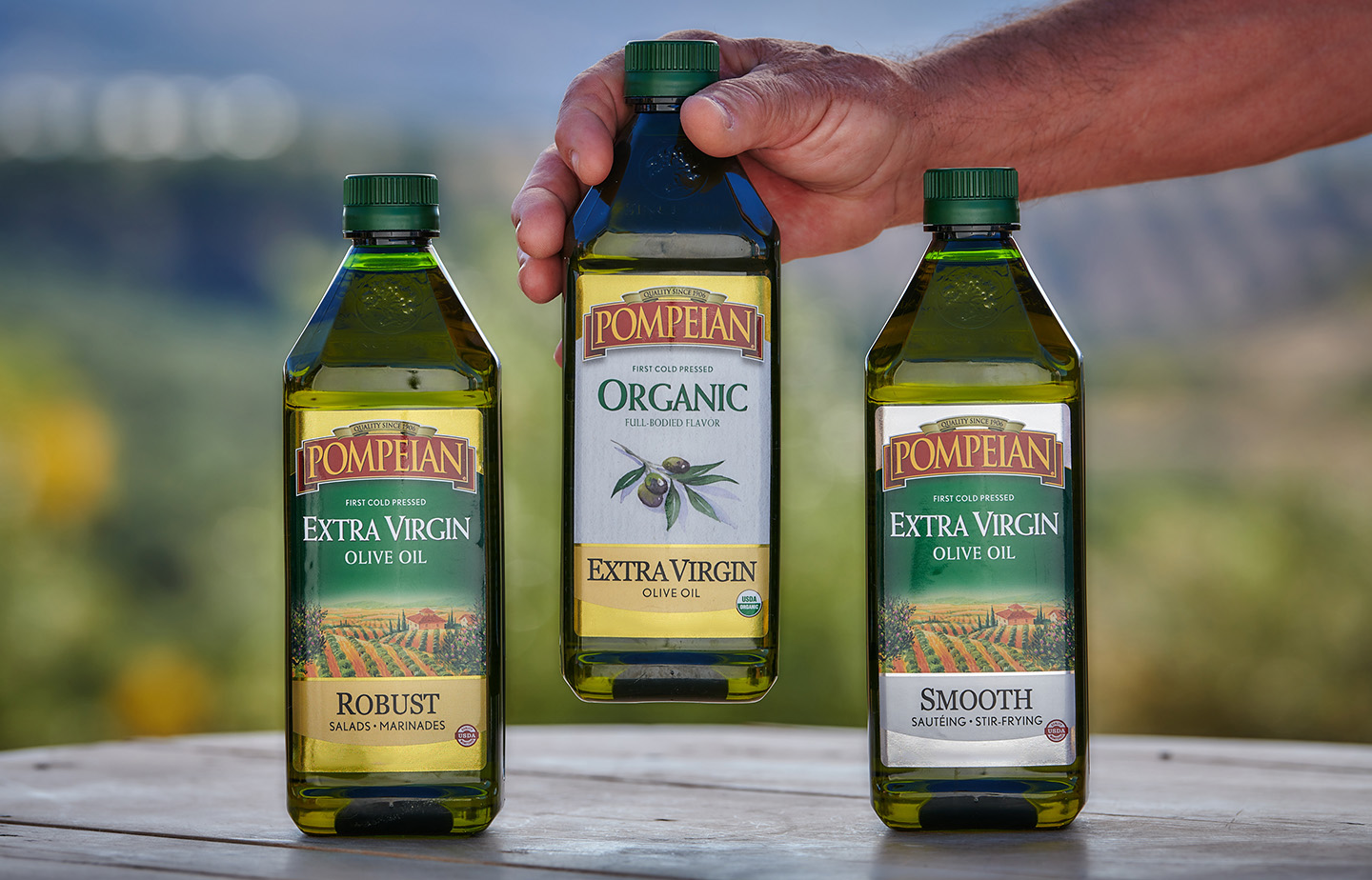Extra Virgin Olive Oil Benefits: A Natural Way to Reduce Inflammation
Extra Virgin Olive Oil Benefits: A Natural Way to Reduce Inflammation
Blog Article
Exploring the Various Sorts Of Olive Oil and Their Uses, Including Bonus Virgin Olive Oil
The expedition of olive oil encompasses a varied range of types, each offering cooking applications and distinct tastes. Bonus virgin olive oil, renowned for its exceptional top quality and health benefits, offers as a staple in many kitchen areas, yet it is just one facet of this diverse active ingredient.
What Is Olive Oil?
Stemmed from the fruit of the olive tree, olive oil is a staple in Mediterranean cuisine and a vital ingredient in various cooking applications. This functional oil is produced by pressing whole olives, leading to a fluid that differs in flavor, color, and scent relying on the kind of olives used, the region of cultivation, and the extraction process. Olive oil is mainly made up of monounsaturated fats, specifically oleic acid, which is recognized for its potential health advantages, consisting of anti-inflammatory residential or commercial properties and cardiovascular support.
Along with its culinary uses, olive oil has a long history of application in conventional medicine and skincare, owing to its rich antioxidant content (extra virgin olive oil benefits). The oil is typically utilized in dressings, marinates, and for cooking techniques such as sautéing and roasting. Its distinct taste account can boost the preference of different recipes, making it a crucial component for both home chefs and professional cooks
Furthermore, olive oil is commemorated for its duty in the Mediterranean diet regimen, which is connected with many wellness benefits. As understanding of these advantages expands, olive oil remains to get popularity worldwide as a fundamental component of a healthy and balanced way of living.
Sorts Of Olive Oil
Understanding the various kinds of olive oil is vital for both culinary fanatics and health-conscious consumers. Olive oil is categorized primarily based upon its extraction approach and high quality, which significantly impacts its wellness, aroma, and taste benefits.

Light olive oil, despite its name, describes a lighter taste and not lower calories. It is optimal for those seeking a more refined preference in marinades and dressings. Additionally, there are flavorful olive oils infused with herbs, seasonings, or citrus, which can boost meals without the need for additional flavoring.
Each type of olive oil serves details cooking purposes, and understanding these distinctions permits consumers to make informed choices that line up with their cooking designs and health goals.
Extra Virgin Olive Oil
Bonus virgin olive oil (EVOO) is commonly concerned as the best olive oil readily available, well known for its abundant flavor and numerous wellness benefits. To be identified as extra virgin, the oil has to be created from fresh olives using mechanical processes, without using solvents or extreme heat. This careful method protects the oil's all-natural flavors, anti-oxidants, and healthy fats, causing a product with a low level of acidity level of much less than 0.8%.
EVOO is abundant in monounsaturated fats, especially oleic acid, which is connected to decreased swelling and improved heart health and wellness. It additionally includes polyphenols, effective anti-oxidants that may use safety effects versus persistent diseases. The flavor account of EVOO can differ considerably relying on the olive selection and region of production, varying from fruity and verdant to robust and sharp.

Culinary Use Olive Oil

In food preparation, olive oil can be utilized for sautéing, toasting, and barbecuing, offering a healthier option to butter or other fats. Its high smoke point makes it suitable for various cooking approaches, while its anti-oxidants add to a heart-healthy diet. Sprinkling olive oil over ended up meals, such as pasta, fish, or grilled veggies, can boost tastes and include a touch of sophistication.
Additionally, olive oil plays a considerable function in baking, where it can change typical fats in dishes for bread and pastries, imparting moisture and a refined preference. It likewise works as a base for instilled oils, enabling chefs to experiment with tastes such as garlic, natural herbs, or chili, even more expanding its cooking possibility. Generally, olive oil's flexibility makes it essential in both home and professional cooking areas.
Picking Quality Olive Oil
When picking high quality olive oil, it's necessary to consider numerous essential factors that affect the product's fragrance, health, and taste benefits. Most importantly, choose for added virgin olive oil (EVOO), which is stemmed from the initial chilly pushing of olives and includes the highest possible levels of anti-oxidants and beneficial substances. Search for oils that are licensed by recognized organizations, as this usually guarantees adherence to rigid quality standards.
The product packaging additionally plays a significant role in protecting the oil's honesty. Pick oils stored in Full Report dark glass bottles or tins to secure versus light destruction. Take note of the harvest date; fresher oils use premium taste and nutritional value, so choose products that are within 18 months of their harvest.
In enhancement, take into consideration the beginning of the oil. High-quality olive oils typically originate from certain areas recognized for their distinctive taste accounts, such as Italian, Spanish, or Greek oils. Finally, understand the taste; a top quality olive oil ought to have a balance of fruity, bitter, and peppery notes, suggesting its richness and complexity. By reviewing these variables, you can guarantee you are picking the very best olive oil for your cooking requirements.
Final Thought
In recap, the expedition of numerous sorts of olive oil discloses distinct qualities and applications, with extra virgin olive oil representing the pinnacle of high quality because of its low level of acidity and high antioxidant material. Its flexibility in culinary usages improves flavors in dressings, sauces, and sprinkles. Understanding the various ranges of olive oil permits informed options in cooking approaches, promoting healthier techniques while enriching the total gastronomic experience. Quality choice remains critical for ideal benefits.
Obtained from the fruit of the olive tree, olive oil is a staple in Mediterranean food and an essential active ingredient in various culinary applications.The most usual types of olive oil include improved olive oil, pure olive oil, and light olive oil.Extra virgin olive oil (EVOO) is commonly pertained to as the highest top quality olive oil available, well known for its abundant taste and numerous health and wellness advantages. Opt for additional virgin olive oil (EVOO), which is acquired from the initial cold pressing of olives and consists of the highest possible levels of antioxidants and helpful substances.In summary, the exploration of different kinds of olive oil discloses distinctive qualities and have a peek at this website applications, with additional virgin olive oil standing for the peak of top quality due to its reduced level of acidity and high antioxidant material.
Report this page